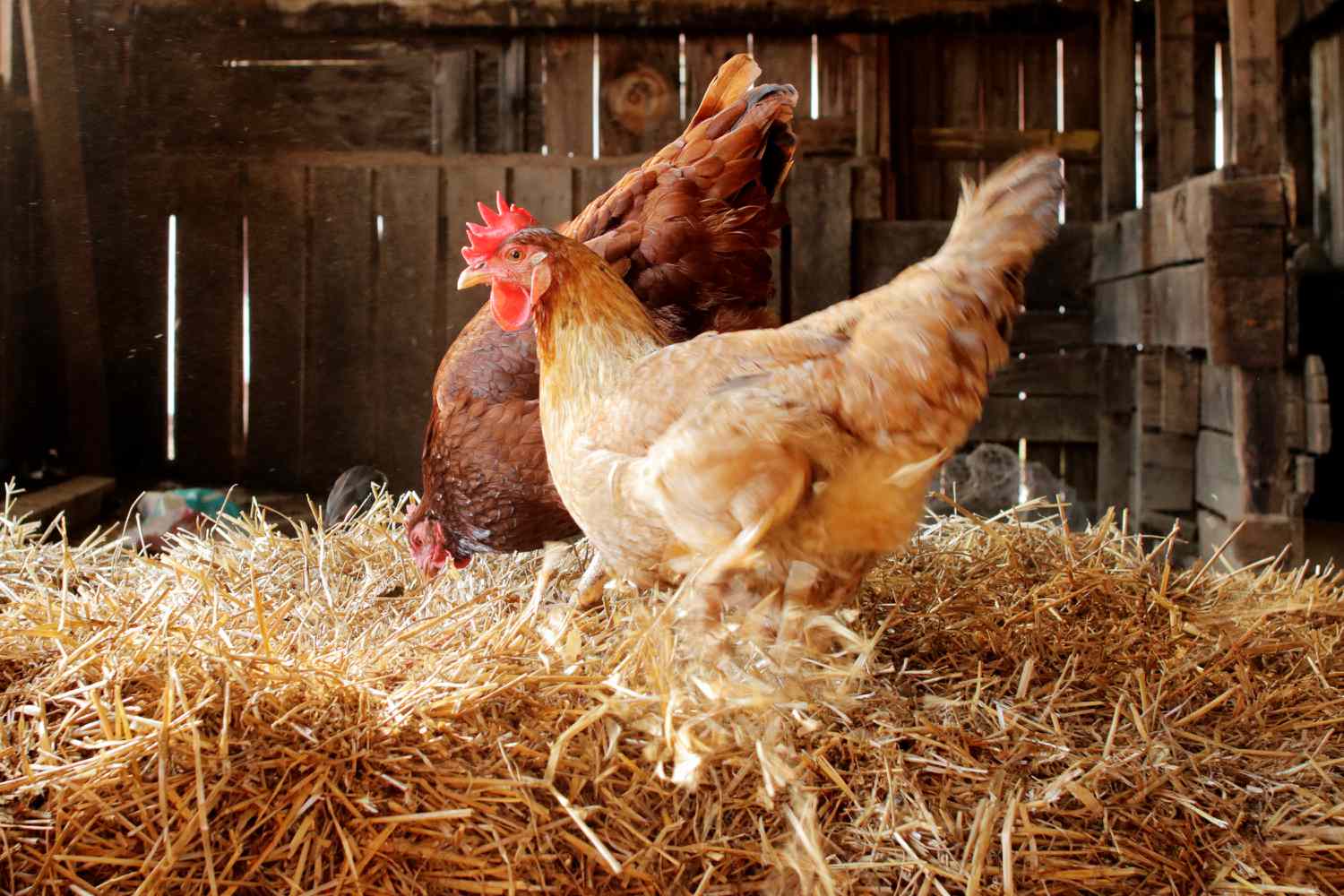Are you new to taking care of chicks? If so, you may be wondering how to clean chicks. This guide is here to help you learn the basics of proper chicken husbandry, including how to properly clean and care for your chicks. Whether you’re raising chickens for eggs, meat, or just as a hobby, this guide will provide you with the information you need to keep your chicks healthy and happy. Read on to learn how to clean chicks and more!
What You’ll Need

- Chick Feeder – To ensure your chicks have access to food and water.
- Chick Waterer – A container for water.
- Chick Brooder – A warm and safe place for your chicks to live.
- Heat Lamp – To provide warmth for your chicks.
- Paper Towels – For cleaning up messes.
- Soap and Water – For cleaning the chicks themselves.
Preparing the Cleaning Area
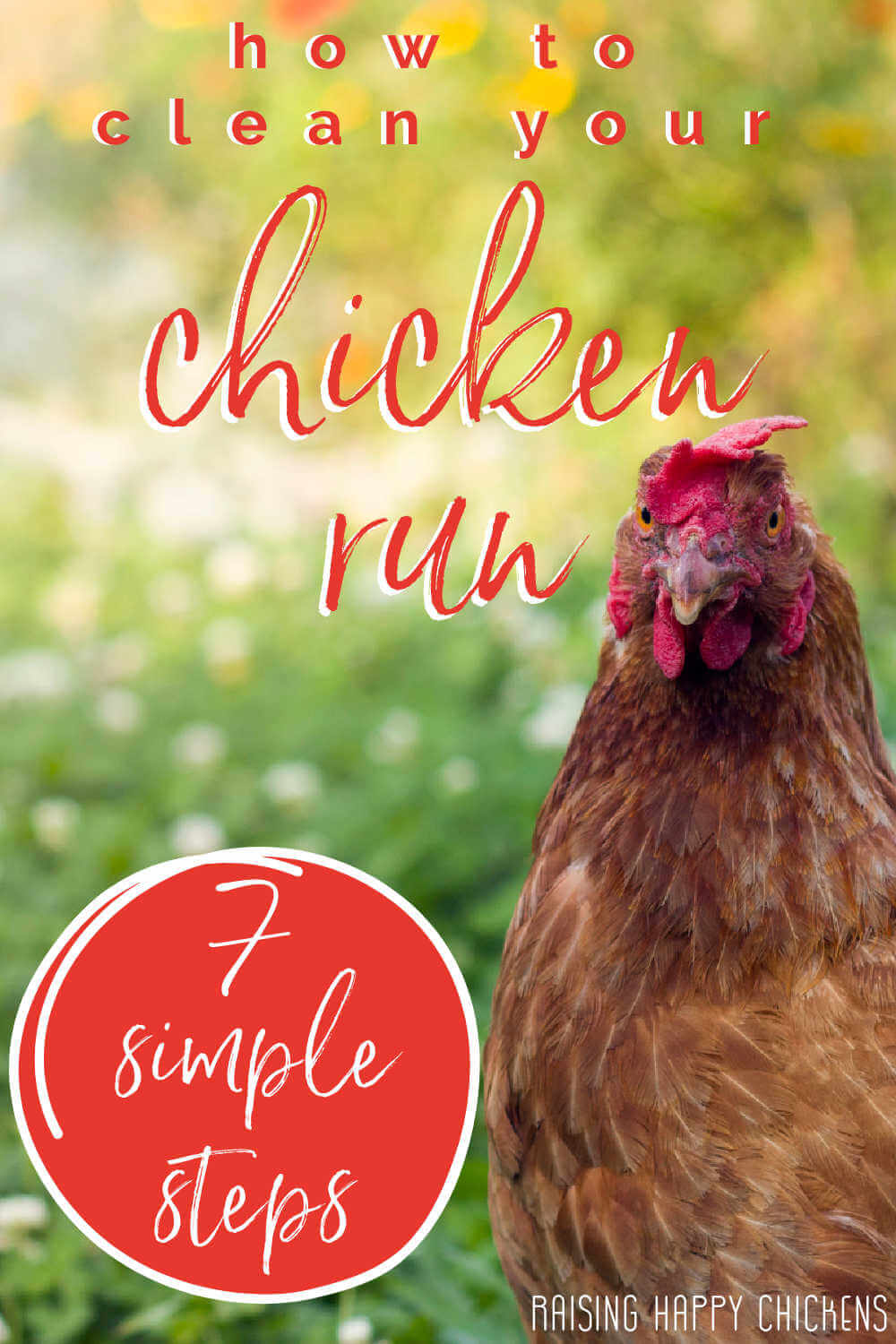
| Task | Tools/Equipment |
|---|---|
| Set Up the Area |
|
| Organize the Supplies |
|
Once you have gathered all the necessary supplies, it is time to prepare the cleaning area. To do this, you should:
- Set up the area by arranging the workbench, pressure washer, mop and bucket, and cleaning agents.
- Organize the supplies such as rubber gloves, rags, sponges, scrub brushes, and disinfectant.
Cleaning Baby Chicks
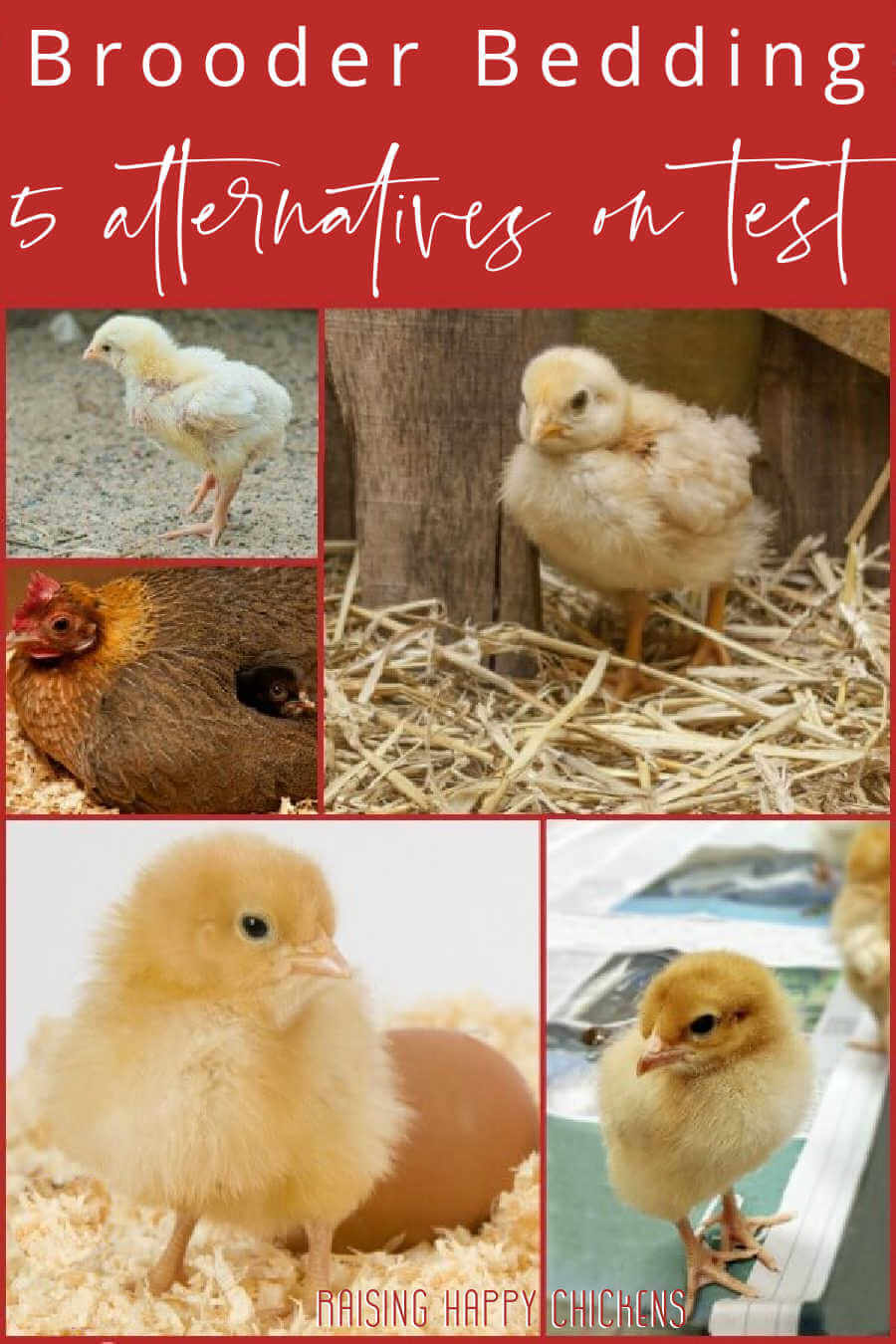
Prepare the Cleaning Solution
When handling baby chicks, it is important to prepare a cleaning solution that is safe and effective. Mix one part white vinegar with four parts warm water in a bucket. This mixture will help to kill any bacteria that is on the feathers, feet, and beaks of the chicks.
Cleaning the Chicks
Once the cleaning solution is prepared, place the chicks in the bucket and allow them to soak for several minutes. During this time, use a soft-bristled brush to gently remove any dirt or debris from the feathers, feet, and beaks of the chicks. When finished, rinse the chicks off with warm water.
Disinfecting the Chicks
Once the chicks have been cleaned, it is important to disinfect them. Mix one part bleach with nine parts warm water in a separate bucket and allow the chicks to soak for several minutes. This will help to kill any remaining bacteria and help keep the chicks healthy. After the disinfection process is complete, rinse the chicks off with warm water.
Once the chicks have been cleaned and disinfected, they are ready to be placed in their new home. Following these steps will help ensure the health of your chicks and provide them with a safe and clean environment.
Cleaning Adult Chicks

Prepare the Cleaning Solution
To clean adult chicks, a solution of warm water and mild detergent should be made. The water should be approximately lukewarm and the detergent should be non-toxic and specifically designed for cleaning poultry. Once the solution is made, it should be placed in a container large enough for the chicks to fit in and be completely submerged.
Cleaning the Chicks
Once the solution is ready, the chicks should be carefully placed in the container. The solution should be gently stirred, making sure that all the feathers are submerged. The chicks should be left in the solution for around 10 minutes, before being removed and rinsed in clean, warm water.
Disinfecting the Chicks
After the chicks are washed and rinsed, they should be placed in a container with a solution of warm water and a disinfectant designed specifically for poultry. The chicks should be left in the disinfectant solution for 10 minutes, before being removed and dried with a towel. Once the chicks are dry, they should be returned to their coop.
Drying the Chicks
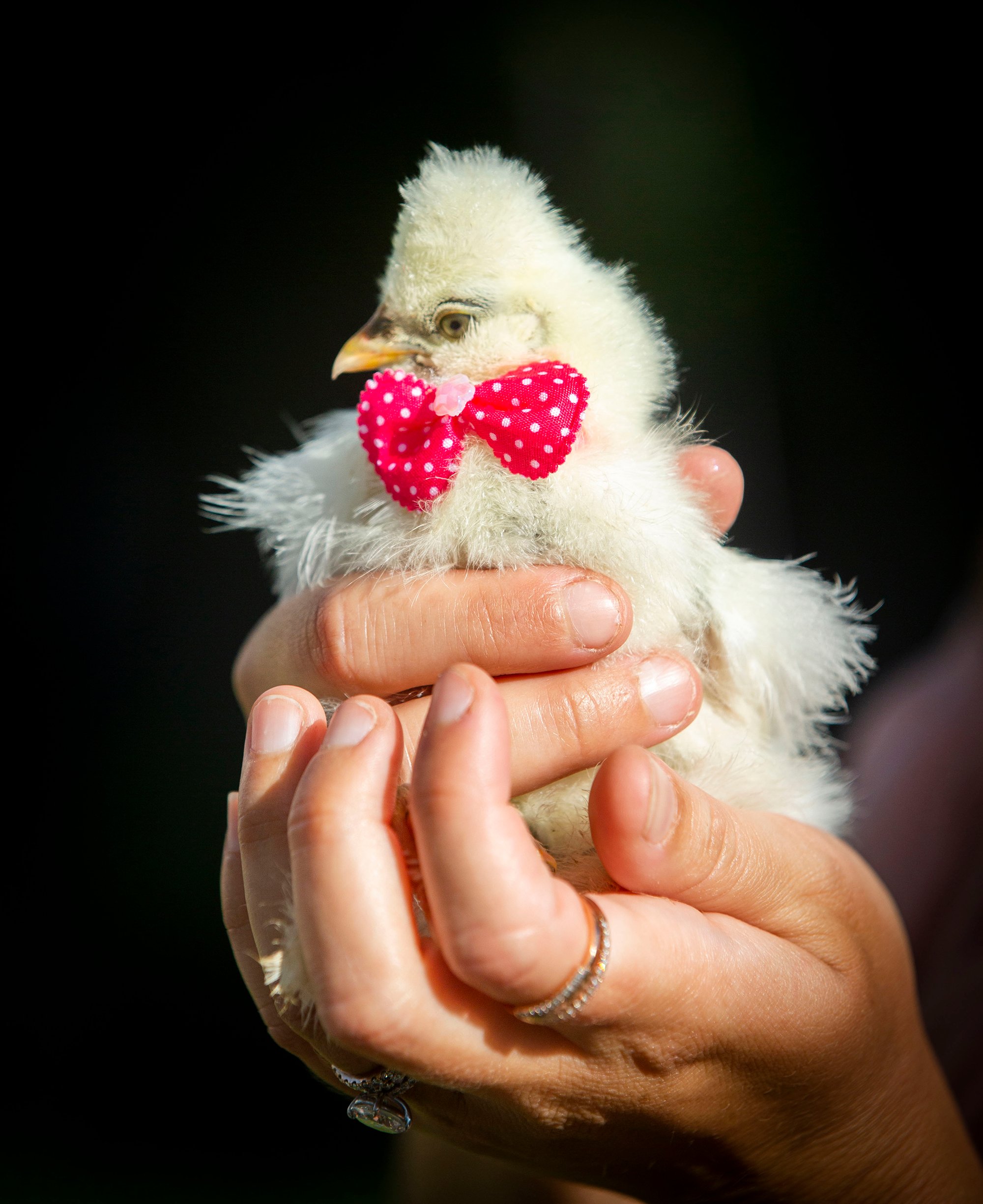
Once the chicks are clean, they should be dried thoroughly. This can be done with a soft cloth or paper towels. Do not use a hair dryer, as this can dry out and irritate the chicks’ skin. When drying, be sure to dry all of the crevices and folds of the skin. It is especially important to make sure the chicks’ faces, feet, and wings are dry. Once dry, the chicks should be placed back in the brooder and monitored to ensure they are not too cold or too hot.
Once the chicks are all clean and dry, they should be inspected for any signs of mites or lice. If any are found, the chicks should be treated with an appropriate product as soon as possible.
Reintroducing the Chicks
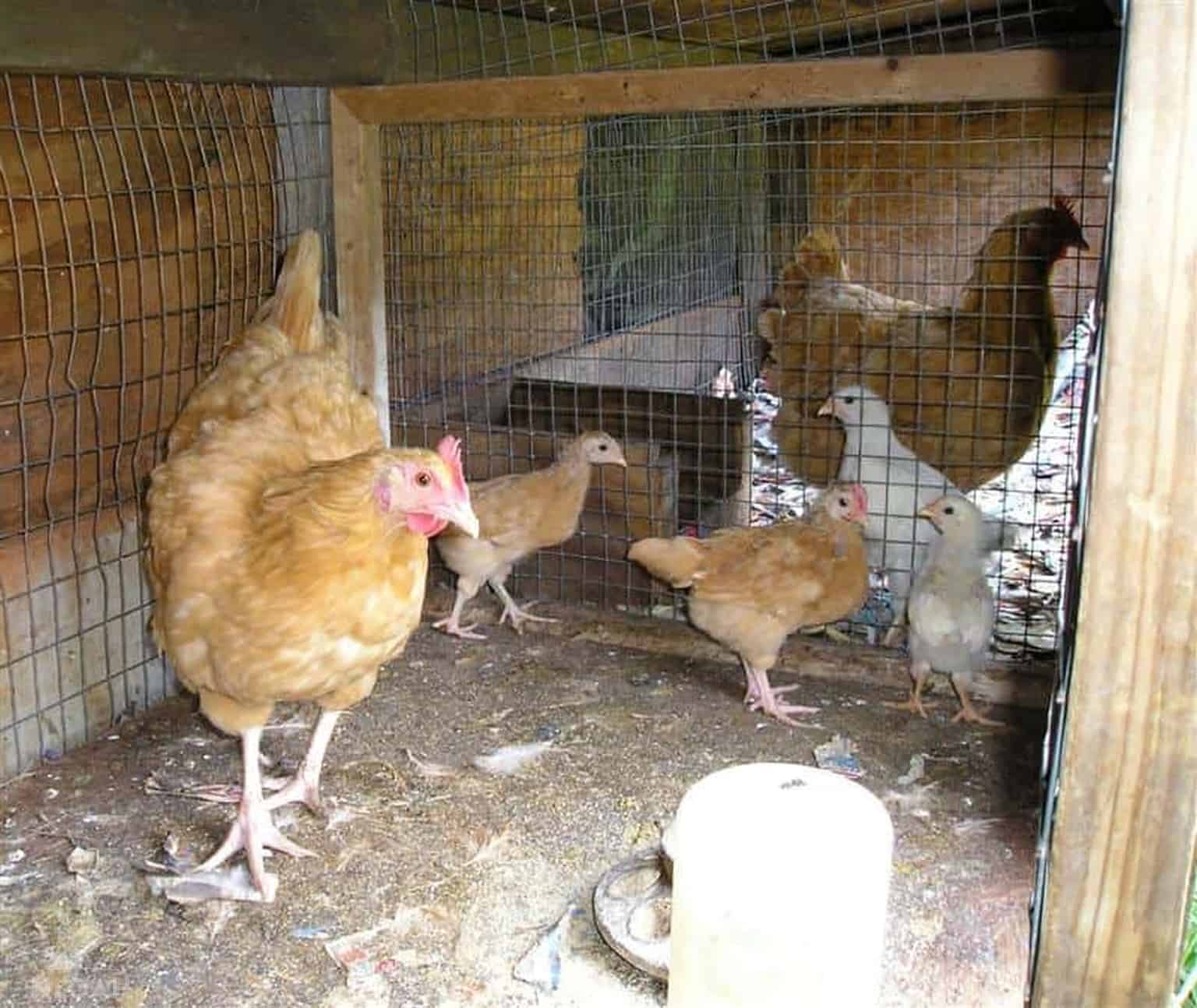
- Chicks need to be slowly reintroduced to their flock. This is because they are more vulnerable to disease and stress. To do this, place the chicks in a separate area away from the main flock for a few days, gradually bringing them closer to the flock. Monitor them for any signs of stress or disease.
- Keep the chicks in their own area until they get acclimated. This means providing them with their own food and water sources, as well as access to a heat source. Make sure the area is predator-proof, and check regularly to ensure the chicks are safe.
- Provide a safe place for the chicks to hide. Chicks may be preyed upon by other birds, as well as predators in the area. Provide them with a place to hide and take shelter from the elements.
- Introduce the chicks to the flock gradually. Place the chicks in the same area as the flock and allow them to get used to the chickens without any interference. Once the chicks are comfortable, you can slowly integrate them into the flock.
- Monitor the chicks’ health. Check them regularly for signs of illness or injury, and provide them with the necessary medical attention.
Cleaning Supplies
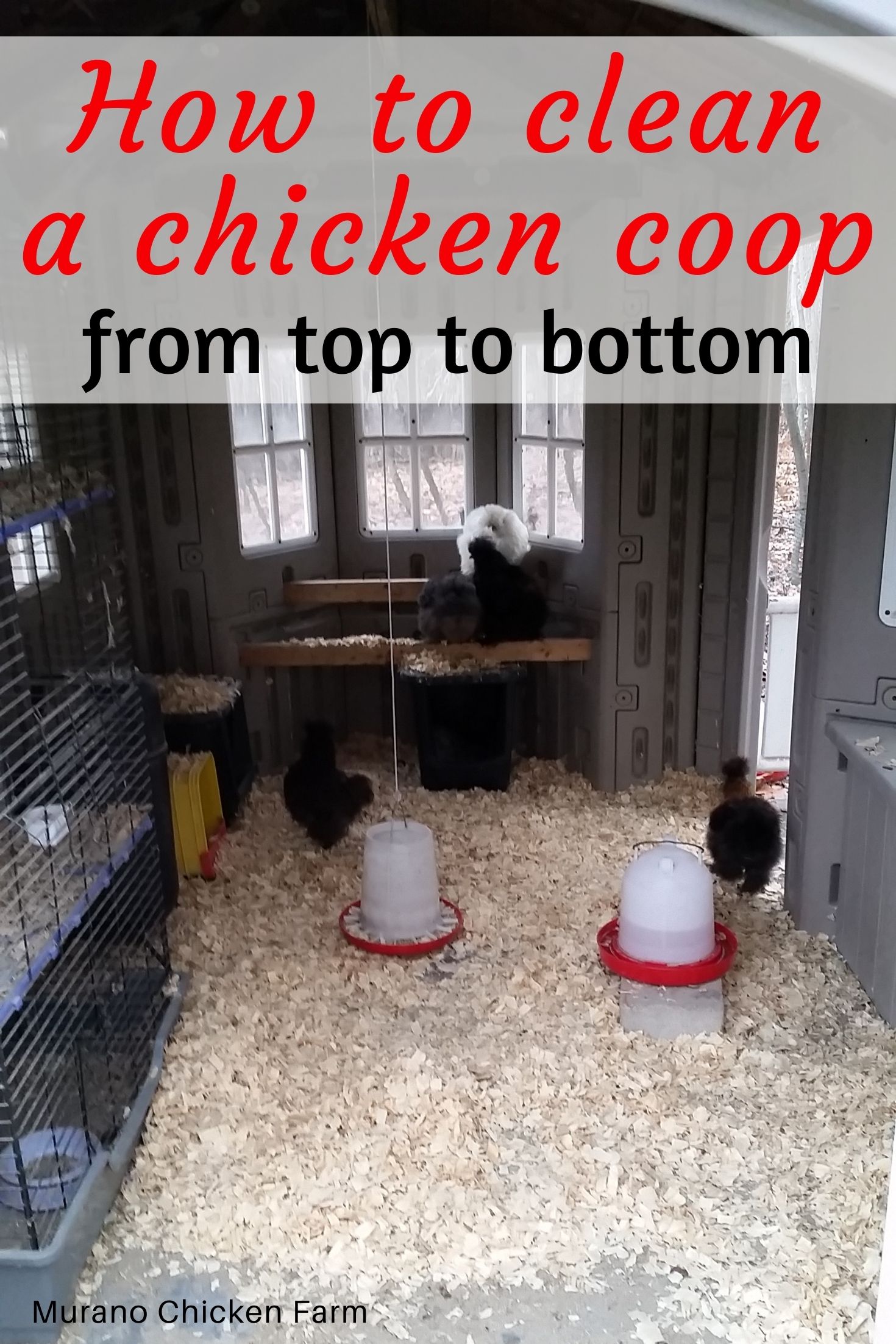
For proper chicken husbandry, it is important to have the right cleaning supplies on hand. This includes: a mild detergent, a brush, a scrubber, a hose, a bucket, and a towel. Cleaning supplies should be used to clean the chicken coop, feeders, and waterers. It is also essential to clean any water and food dishes that are used to feed the birds.
When using cleaning supplies, always make sure to use a mild detergent and avoid using any harsh chemicals or abrasives. It is important to rinse off the cleaning supplies thoroughly after use to prevent any residue from remaining on the surfaces. After cleaning the surfaces, the towel should be used to dry them off.
It is also important to thoroughly clean the chicken coop every week to prevent the buildup of bacteria and other pathogens. This can be done by using a hose to rinse the walls, floor, and any other surfaces or objects in the coop. After rinsing, the surfaces should be scrubbed with the brush and detergent and then rinsed off again. Finally, the surfaces should be dried with the towel.
Preventative Measures
Cleanliness is key to proper chicken husbandry, and the best way to ensure your chicks are healthy is to take preventative measures. Here are some tips for keeping your chicks clean:
- Provide adequate space for your chicks to move about freely and to avoid overcrowding.
- Keep feeders and water containers clean and disinfected regularly.
- Maintain the nesting area in a clean and dry condition.
- Dispose or compost any wet or soiled bedding materials.
- Keep the area free of weeds, insects, and rodents.
- Provide clean and dry dust baths to encourage dust bathing behavior and to help keep their feathers in good condition.
By taking these preventative measures, you can reduce the need for frequent cleaning and help keep your chicks healthy and happy.
Frequently Asked Questions
How Often Should the Chicks Be Cleaned?
Chicks should be cleaned at least once a week, or more frequently if needed. Remove any droppings and clean the bedding material, such as straw or wood shavings, every week and replace it with fresh material. Clean the water and feeders regularly to prevent the spread of disease and ensure the chicks are getting the nutrition they need. If the chicks are kept in an outdoor pen, clean it out every two to three weeks to keep the environment healthy and hygienic.
What Materials Do I Need to Clean the Chicks?
You will need a bucket or container large enough to hold all of the chicks, a mild detergent, warm water, a soft-bristled brush, and a dry towel to clean the chicks. Depending on the size of the chicks, you may need a smaller container such as a dishpan or bowl. Make sure to use a mild detergent so as not to irritate their skin.
What is the best way to ensure the chicks stay healthy?
- Provide a clean, safe, and temperature-controlled environment. Make sure their enclosure is free from any potential predators, drafts, and other external factors that could harm them. Provide bedding material that is free from dust and dirt, and change the bedding material regularly.
- Feed them a balanced diet. Chicks need a balanced diet of protein, carbohydrates, vitamins, and minerals to ensure they stay healthy. Feed them a variety of foods, including greens, grains, and insects. Avoid feeding them anything that could be contaminated or spoiled.
- Maintain good hygiene. Clean their enclosure on a regular basis and make sure to disinfect any food or water bowls. If the chicks do get sick, isolate them from the healthy chicks immediately and seek veterinary assistance.
- Provide enrichment activities. Chicks need stimulation and exercise to stay healthy. Provide them with perches, toys, and other activities to keep them entertained and active.
- Monitor their health. Regularly check their droppings and body condition, and look out for signs of illness or parasites. If you notice any changes, seek veterinary assistance immediately.
Is there a difference between cleaning adult chickens and chicks?
Yes, there is. Adult chickens require more frequent cleaning than chicks, and there are some specific procedures that should be followed when cleaning them. Here are the key differences:
- Frequency: Chicks should be cleaned every two weeks, while adult chickens should be cleaned at least once a month.
- Supplies: For chicks, use a mild soap and warm water; for adult chickens, use a medicated soap and lukewarm water.
- Process: When cleaning chicks, use a soft cloth to gently scrub the area; for adult chickens, use a brush to scrub more thoroughly.
- Drying: Chicks should be dried with a soft cloth; adult chickens should be dried with a hair dryer on a low setting.
It is important to remember that chicks are much more delicate than adult chickens, so extra care should be taken when cleaning them. By following these instructions, you can ensure that your chickens are well taken care of, healthy, and happy.
Are there any special considerations when cleaning chicks?
- Age: Young chicks are more delicate and may require more gentle cleaning techniques.
- Size: Smaller chicks may require different cleaning supplies than larger chicks.
- Coop: Ensure that the coop is well-ventilated and that the cleaning supplies are suitable for the coop’s materials.
- Protection: Wear protective clothing, such as gloves and a face mask, when cleaning chicks.
- Sanitization: Utilize sanitizing and disinfecting agents to help prevent the spread of disease and pests.
- Safety: Be sure to keep all cleaning supplies away from the chicks to avoid accidental ingestion or injury.
Conclusion
Cleaning chicks is an important part of proper chicken husbandry. It is important to keep them clean, provide them with fresh bedding, and check for parasites. Taking good care of your chickens will ensure they are healthy and safe from disease. Proper cleaning and maintenance of your flock is the key to successful chicken keeping.
